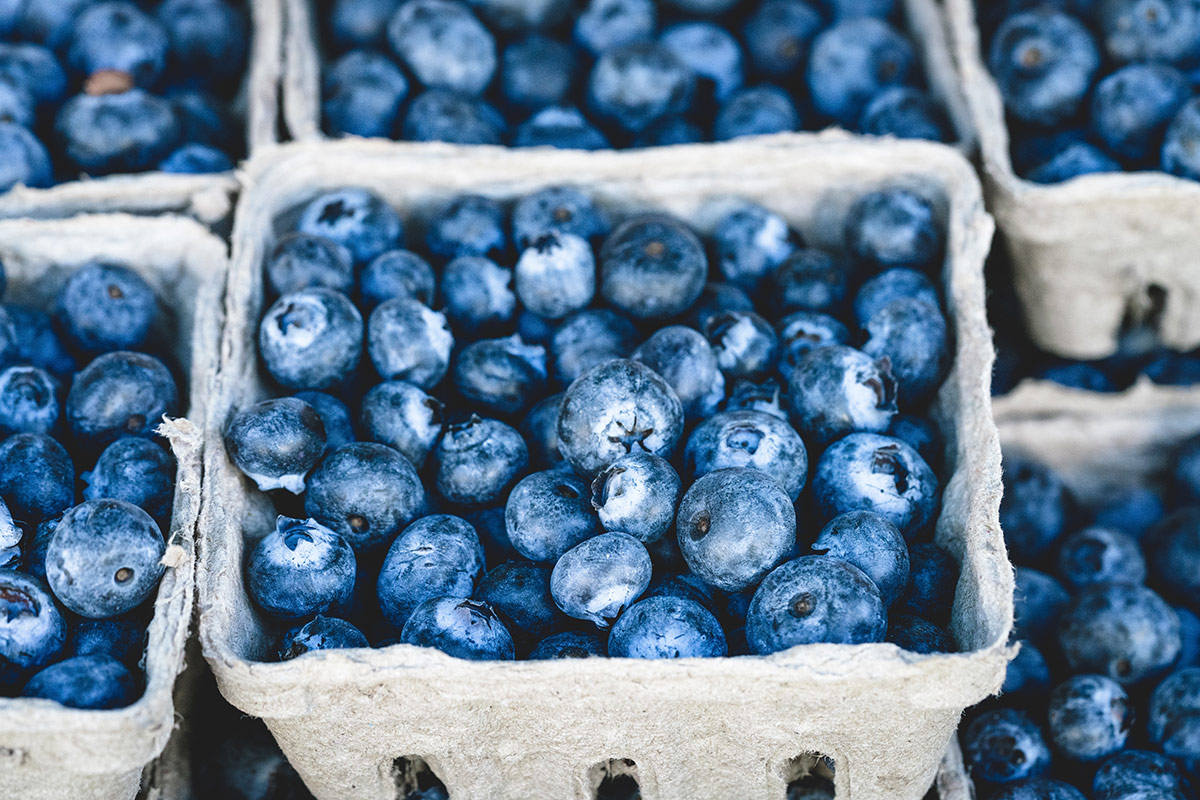
Blog
Thriving Through Perimenopause
Perimenopause is a vibrant and transformative phase that opens up a world of possibilities. By embracing the journey, celebrating personal growth, and prioritizing self-care, women can thrive through perimenopause with enthusiasm and zest. With a positive mindset, open communication, and support from healthcare professionals, this exciting phase can become a time of self-discovery, empowerment, and renewed vitality. Embrace the change and let perimenopause be the catalyst for a vibrant and fulfilling life ahead!
Common Perimenopausal Symptoms
There are at least, 11 common symptoms of perimenopause. As each person experiences perimenopause differently, there are likely more symptoms depending on what other issues may be at play. Ultimately, perimenopause is more than just hot flushes. Perimenopause can affect your mood, sleep, joints, brain, sleep, energy, sex drive and weight.
The 3 Stages of Perimenopause
During perimenopause, there is a gradual decrease in the production of estrogen and progesterone, two key hormones involved in the menstrual cycle and reproductive function. This hormonal decline is not linear and gives rise to varied and changing symptoms. There are many treatment options available to help you more smoothly transition to menopause. Understanding what stage of perimenopause you are in is key to knowing how best to support your physical and mental health.
Gut Health & Perimenopause
Gut health can have an impact on perimenopause, the transitional phase leading up to menopause. Key areas of impact include hormone metabolism, Inflammation and immune function, nutrient absorption and synthesis, and mood and mental health.
Estrobolome and Hormonal Health
The estrobolome refers to a group of microorganisms, particularly bacteria, involved in estrogen metabolism in the body. These bacteria interact with estrogen molecules and can either produce beneficial metabolites or harmful byproducts. The enzyme β-glucuronidase, produced by certain microbes, is thought to play a role in estrogen regulation. Gut inflammation and imbalances in the Firmicutes/Bacteriodetes ratio can also impact estrogen levels. To improve the estrobolome, consuming fermented foods, certain probiotics, prebiotic foods, and high-fibre and cruciferous vegetables is recommended.
My IBS is not your IBS
IBS, or Irritable Bowel Syndrome, often leaves people feeling frustrated and seeking specific answers regarding their condition. However, IBS is a diagnosis of exclusion, meaning it is reached after ruling out other structural or pathological issues through tests. Consequently, the cause and treatment for IBS remain unknown. The lack of a definitive cause and the variation in symptoms among individuals make it challenging to recommend standardized treatments for everyone.
Stress and Mindset
We discuss the role of nutrients and herbs in managing stress, emphasizing that they are supportive rather than curative solutions. We highlight the importance of mindset in handling stress effectively. Three key aspects of mindset are outlined: 1) foundational practices such as quality sleep, exercise, and self-connection; 2) regularly monitoring stress levels and identifying stressors, adopting a positive perspective; and 3) acute care actions like seeking support from friends, healing therapies, taking breaks, or seeking professional help. Nutrients and herbs are suggested to complement these practices, enhancing their effectiveness in managing stress and related symptoms.
Why I became a Metabolic Balance® Health Coach
My journey of weight loss and what lead me to become a Metabolic Balance Coach. Hint: because it works!
Alcohol and the Gut
Alcohol is detrimental to gut healing as it can cause inflammation and imbalances in gut microorganisms. Dysbiosis, resulting from alcohol consumption, can lead to the overgrowth of unhealthy microorganisms, releasing pro-inflammatory endotoxins. Chronic alcohol use can also cause "leaky gut" due to damage to the gut lining, releasing endotoxins into other organs. Alcohol negatively impacts gut immunity, making it more susceptible to infections and reducing antimicrobial compound production. However, in some cases, moderate alcohol intake may be tolerated. Oats, zinc, and vitamin D can potentially counteract alcohol's effects on the gut. For optimal gut healing, alcohol should be avoided entirely, while limiting intake to two standard drinks is advisable otherwise. Balancing risks and understanding them is crucial for overall health.
Drinking more water
I can’t confess to being an expert at drinking enough water every single day, I am happy to share with you the things I have found to help me drink enough water.
Making New Habits Easier
There are usually many different ways to achieve your health goals. The best approach is based on your history and symptoms. Here are 7 tips to help you make a new habit stick plus three questions to ask yourself when a habit is not sticking.
Low Iron...or is it?
Lately, I have been asked at least once a week about the best iron supplement. However, this is only part of the question of correcting low iron levels. Here are some other factors to consider. Hint supplementation is not always the answer and in certain cases can be dangerous.
